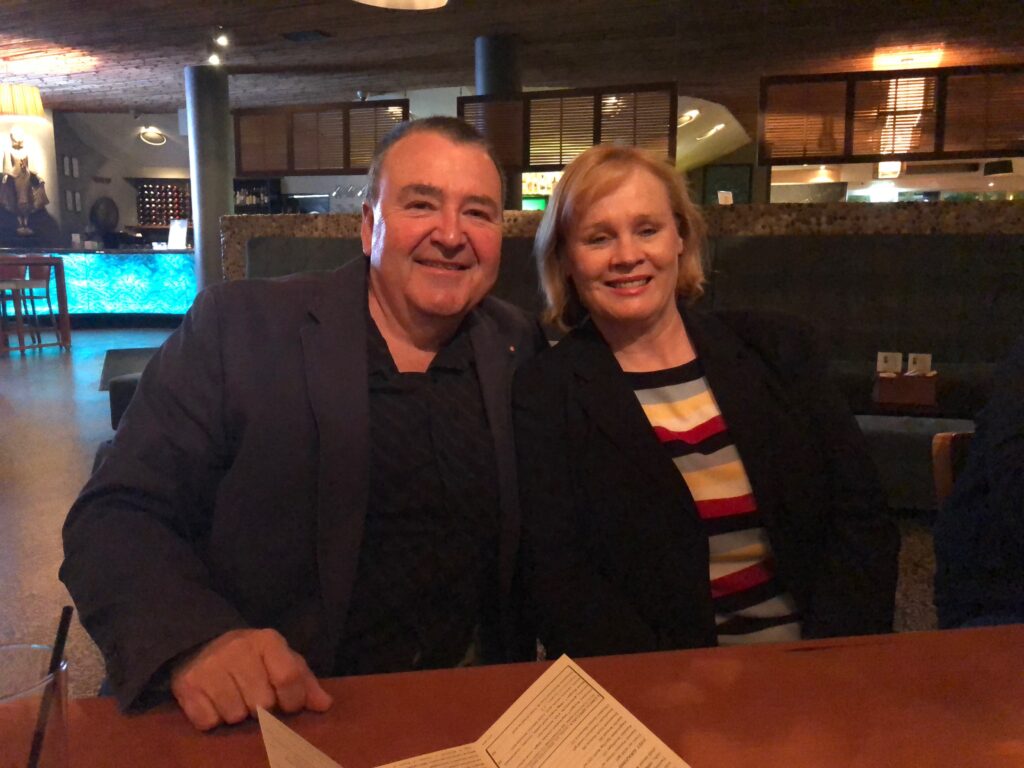
It’s been 23 years since a stroke changed Redridge resident Liane Neale’s life and now she’s raising awareness about available support and resources to prevent strokes from occurring.
National Stroke Week is held from Monday 7 to Sunday 13 August by the Stroke Foundation, which aims to bring people together to raise awareness and aid in the recovery process for those who have experienced a stroke.
When Liane was impacted by stroke she was aged just 38.
Liane was fit, healthy and had no known risk factors for stroke.
“Unfortunately, back then there was no education around stroke, we didn’t know about the F.A.S.T. signs of stroke,” Liane said.
“I had to visit two different hospitals until I saw a neurologist and learned about my stroke.
“I started rehab the very next day, and two decades later I am still going to rehab.”
According to the Stroke Foundation, Liane is among the 87,000 survivors of stroke living in Queensland.
Everyday strokes impact around 20 Australians, aged between 18 and 65.
Liane said she continued to fight stroke in honour of her family.
“It takes a lot of persistence, medication and support from your family, and there are a lot of lasting impacts following a stroke,” Liane said.
“My goal was to get back to work, and after 18 months I did.
“I fought to get back to the best possible version of myself.”
Liane has put her fighting spirit to good use and has recently become a StrokeSafe speaker.
She uses her personal experience to help educate Queenslanders on stroke awareness and prevention.
Stroke Foundation Chief Executive Officer Dr Lisa Murphy said regional Australians were 17%more likely to experience a stroke than their metropolitan counterparts.
“We know that the faster a stroke patient gets to hospital and receives medical treatment, the better their chance of survival and successful rehabilitation,” Dr Murphy said.
“More than 80% of strokes are preventable.
“You can help saving a life by learning the F.A.S.T. signs of stroke.”
Think F.A.S.T and ask these questions:
Face – Check their face. Has their mouth drooped?
Arms – Can they lift both arms?
Speech – Is their speech slurred? Do they understand you?
Time – Time is critical. If you see any of these signs, call 000 straight away.
More information about stroke prevention and awareness can be found here.
Other news:




